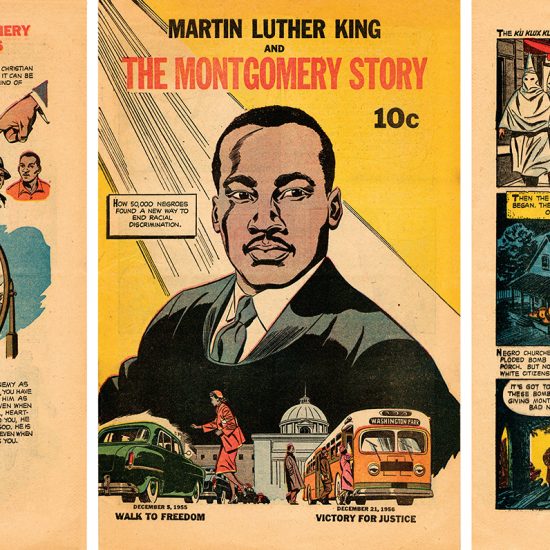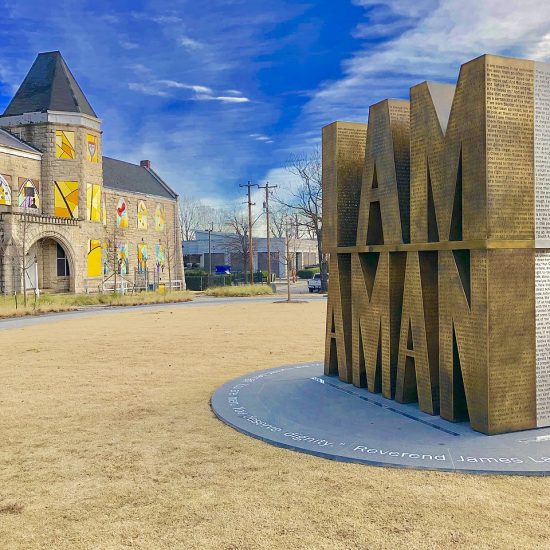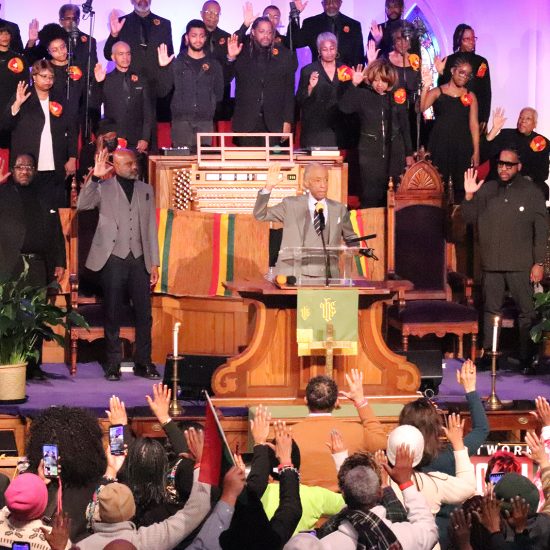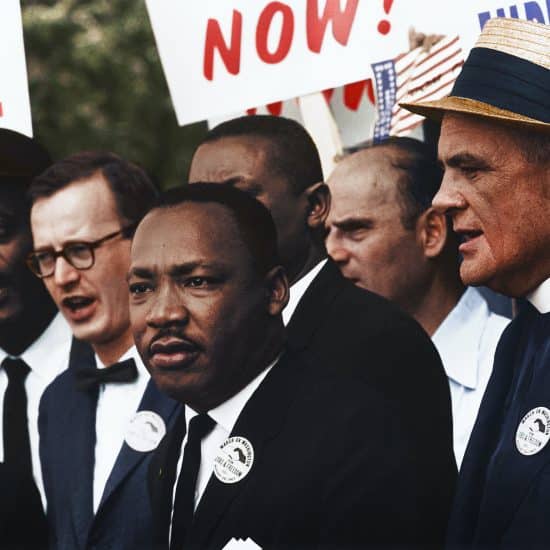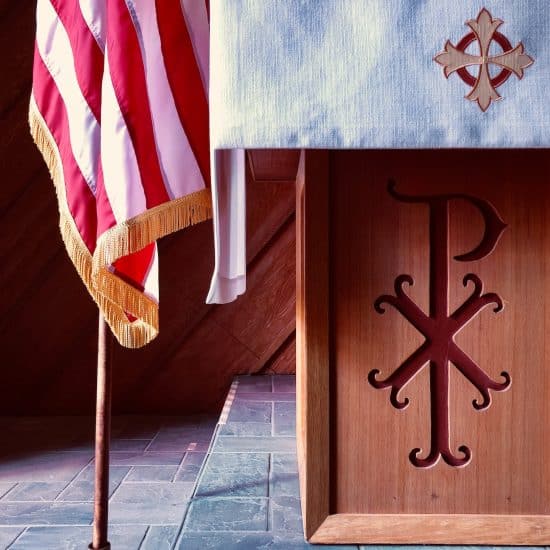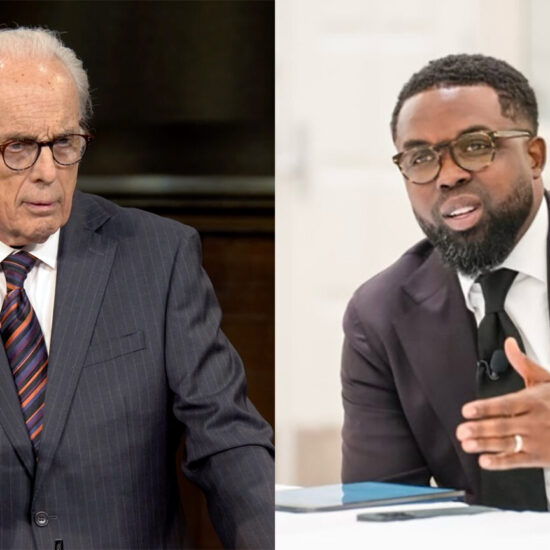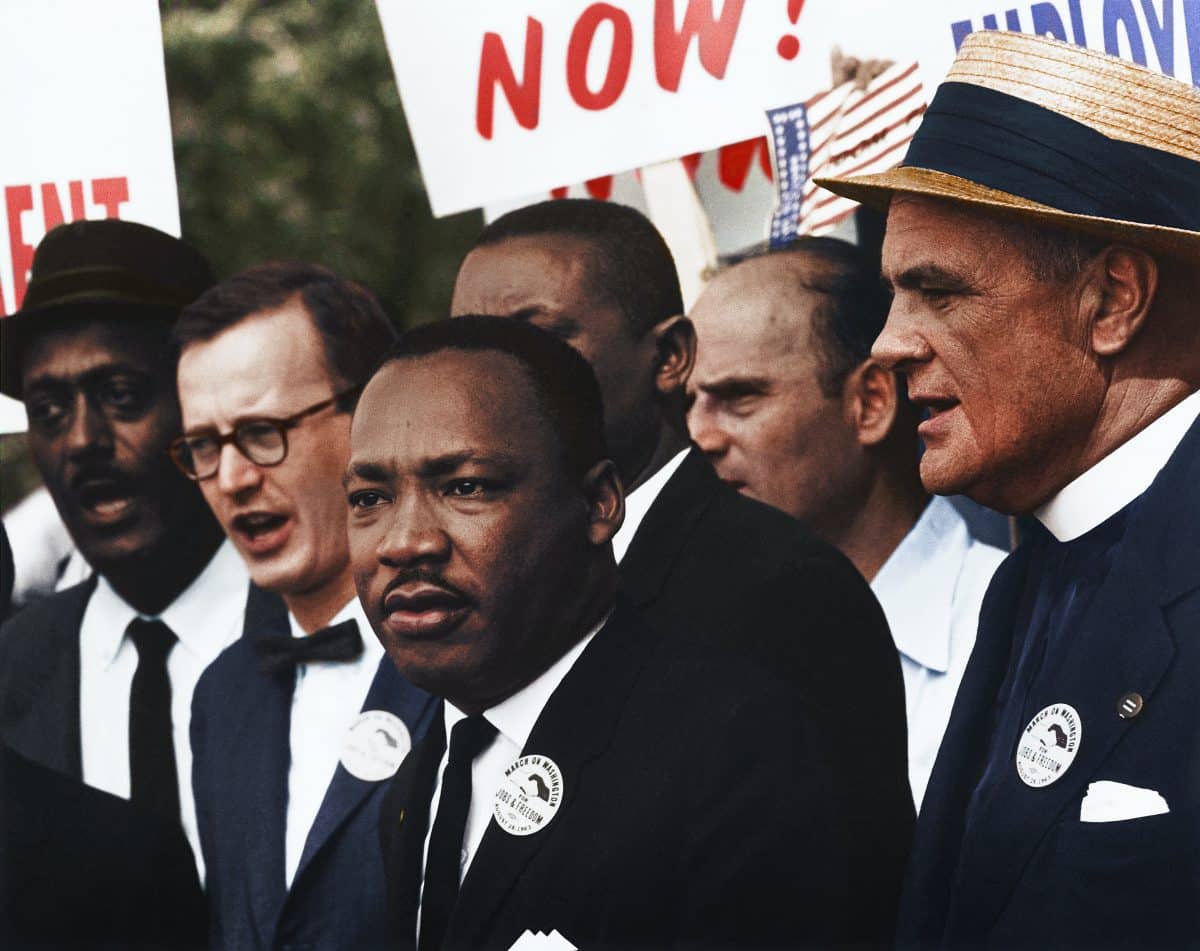
It is always fun to discover which persons throughout history with whom you share a birthday. I learned at an early age that I share January 15 with Rev. Dr. Martin Luther King Jr. This insight has been a source of secret pride for me. When I came home from elementary school and told my parents, they encouraged me to learn more about him. For years many of my grade school biographies focused on the life and legacy of Martin Luther King Jr. Later when called to ministry I read his sermons for homiletic classes and listened to speeches for history and speech courses. I have been inspired by his wisdom and courage throughout my life.

Greg Mamula
January 2022 finds us a year removed from the shocking events at the Capitol Building in Washington, D.C. We are 18-months beyond the most memorable protests of the past several decades against injustices. The past year witnessed multiple notable convictions, and the criminal legal system seems to be slowly holding some people accountable for violence against people of color, immigrants, and women.
As I ponder how to respond as a Christian to these sorts of existential and lived challenges, I remembered Martin Luther King Jr.’s July 23, 1959, address to the American Baptist Home Mission Societies gathering in Green Lake, Wisconsin. Entitled “Non-Aggression Procedures to Interracial Harmony” this address outlines his vision and purpose in practicing non-violent protests.
Dr. King first provides a brief introductory summary of the plight of enslaved African Americans, emancipation, and segregation that led to his context of the mid-20th Century. He takes care to differentiate between physical bondage from mental and spiritual bondage. How physical bondage created mental slavery and a racial-class system, fostering a “negative peace” shaped by injustice, oppression, and exploitation. As he put it, “It was a negative peace, for real peace is not merely the absence of some negative force – tension, confusion, or law-but real peace is the presence of some positive force – justice, goodwill, and brotherhood. So that this was merely a negative peace.”
We still hide behind the veneer of negative peace. Our politics, systems, habits, traditions, and even our churches can foster injustice and inequalities. We believe all is well because nobody is saying anything against the status quo.
Until it is not.
When some brave soul or group stands up and proclaims an abuse, a practice, or a systemic norm causes harm we are quick to isolate, discredit, shame, and eliminate as quickly as possible. We have seen it time and again from just about every institution propped up by a negative peace. Just ask the women from the #MeToo movement, voices proclaiming that Black Lives Matter, athletes who speak up against injustices, professors and students who speak out against academic administrations, or citizens who demand better laws from legislators.
As important as it is to identify injustice, we cannot stop there. An examination of the prophets and psalmists will force us to admit there are lots of messages set to the tune of judgment and calamity. However, further reflection will allow us to recognize they also contain a refrain of hope. To truly be a prophet one must have the ability to see things as they truly are. But they must also have the courage to believe God will do something about the seen and unseen predicaments. As important as it is to name injustice, it is equally important to consider how we lean into the hope of God’s ongoing redemption story through the resurrection and return of the Messiah, King Jesus.
Dr. Martin Luther King Jr. understood this and lived it in the most prophetic way. Every day he named the injustices of his time with a courageous boldness. But he never stopped there. Because every day he also cast a vision of peace and practiced his way into a future shaped by hope.
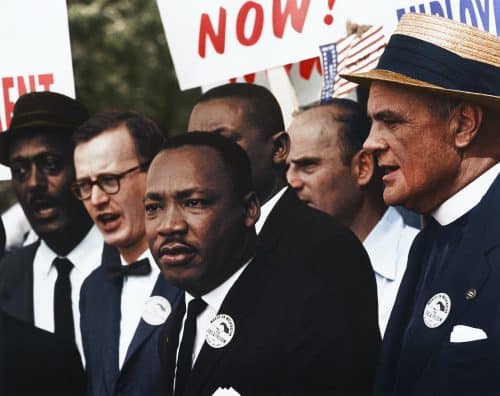
Unseen Histories / Unsplash
In the second half of his 1959 address to ABHMS, King provides the way forward through non-violent resistance. First, non-violent resistance is active resistance, not a passive submission to oppression. Just because you do not fight violence with violence does not mean you submit to it. You name it and work to undo it, just non-violently.
Second, non-violent resistance seeks to redeem the oppressor and pursue reconciliation. It is not enough to call out your opponent. We must work toward redeeming the system and the persons involved. Having the motive and heart to redeem your enemy may be the most difficult aspect of this approach. But it is the way of Jesus and the way of love.
Finally, the reason one must practice non-violent resistance is because only this method protects the soul of the protestor by rooting them in love instead of hate. As much as we should seek to redeem our systems and oppressors, we must also do so in a way that does not cause callousness and damage to our own hearts.
King concludes his remarks with, “And God grant that we will continue to move on all men of goodwill, and all those who are confronted with oppression in this world will move on with this method. Not with the method of violence, not with the method of retaliatory violence, not with any method that seeks to retaliate, but the method that seeks to redeem. And whenever we decide to do this, we will be able to emerge from the bleak and desolate midnight of man’s inhumanity to man and to the bright and glittering daybreak of justice and freedom and brotherhood for all people.”
These foundational motivations for non-violent resistance shaped much of the heart of the civil rights movement in the years after this initial address. They were strengthened through a signed commitment card by participants to engage in a rule of life laid out as “ten commandments” of spiritual disciplines that included meditations on the life of Jesus and his teachings, prayer, sacrifice, service, community engagement, and love of friend and foe.
This way of redeeming negative peace through non-violent resistance for justice, freedom, and brotherhood for all people is the antithesis of the Capitol Building invasion, the silencing of abused women, the continued dismissal of the plight of colored people and immigrants, and a host of other issues. Let us instead be people who name injustice AND live out the peace here and now rooted in the hope of a God who will achieve ultimate peace in the New Heavens and the New Earth.
On this MLK Day weekend, remember Rev. Dr. Martin Luther King Jr and his prophetic voice. Join your voice and actions with his in a crescendo of hope and peace for all people. And if you have any time left over wish your local columnist a happy birthday.
Rev. Dr. Greg Mamula is the Associate Executive Minister for the American Baptist Churches of Nebraska, and a contributing writer for Word&Way. He is the author of Table Life: An Invitation to Everyday Discipleship, published by Judson Press in print and e-reader versions from online distributors including Amazon. To learn more information visit www.table-life.org.

